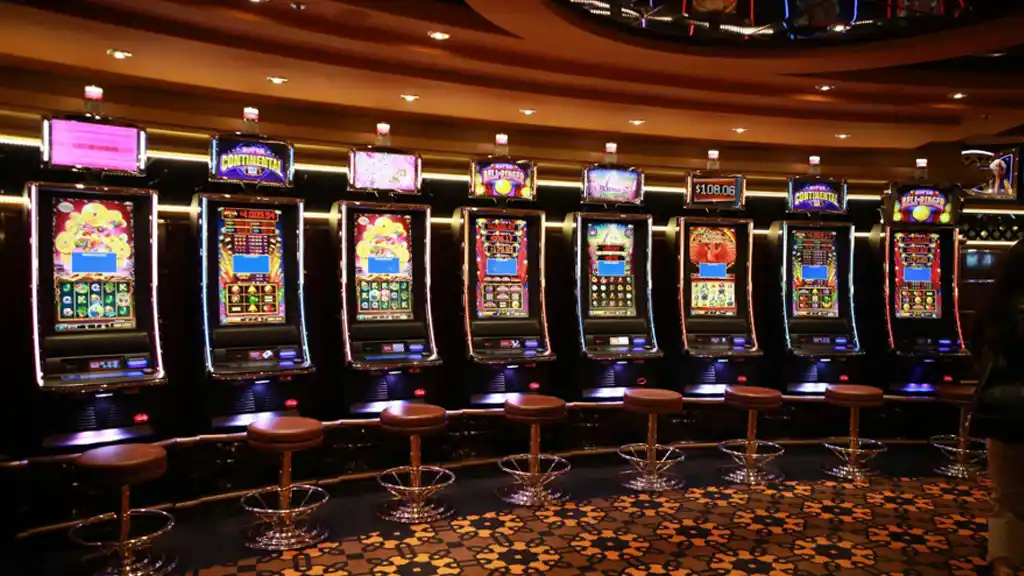Why Progressive Slots Are Usually A Very Bad Bet
For many players, the attraction of progressive slots can be irresistible. The thought of winning a life-changing jackpot is tantalizing, but it’s important to delve deeper into why these games might not be the best choice for your bankroll. Understanding the inherent risks and mechanics behind it can help you make more informed decisions, ultimately protecting your finances and enhancing your gaming experience.

Understanding the Mechanics Behind Progressive Slots
Progressive jackpot slots work by linking a network of machines, pooling a portion of each bet into a collective jackpot. This jackpot continues to grow until someone wins, often reaching monumental sums. While this might sound appealing, the odds of hitting that jackpot are incredibly slim. Typically, only a tiny fraction of players ever experience a win, and the vast pools of money amassed by casinos highlight how unlikely it is to strike it rich. The glamour of jackpots can overshadow the low probability of winning, making it essential to weigh this reality before diving in.
The High Cost of Chasing Jackpots
One of the biggest downsides to playing progressive jackpot slots is the financial commitment required. To qualify for the full jackpot, players often need to wager the maximum bet, which can be significantly higher than regular slot games. This leads to rapid depletion of a player’s bankroll, often with little to no return. Even smaller wins may not cover the high cost of playing, draining resources without delivering the big payout promised. The gamble of potentially life-altering jackpots often overshadows this practical aspect, leaving many players frustrated and financially strained.
Limited Returns on Regular Payouts
While the possibility of a jackpot is ever-present, regular payouts on progressive jackpot slots are considerably lower compared to non-progressive machines. This is because a portion of each bet is funneled into the progressive jackpot pool. On those rare occasions when you do win, the payouts from regular spins are usually minimal. For players hoping for consistent returns, this type of slot can be particularly disappointing. The odds are heavily skewed against the player in favor of the jackpot, making it challenging to sustain a gaming session without significant losses.
In conclusion, progressive slots, while enticing with their large jackpots, present several pitfalls that make them a less advisable option for many players. By understanding the mechanics, financial commitment, and lower regular returns, players can make more informed choices that align with their gaming goals. Instead of chasing potentially elusive jackpots, focusing on more consistent and rewarding slot options might yield better long-term satisfaction.

